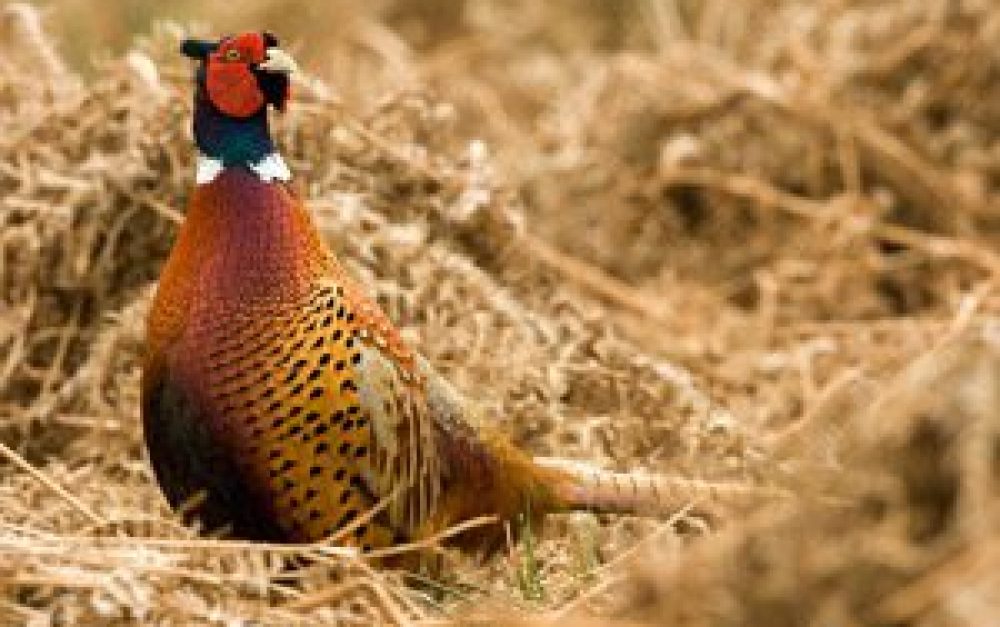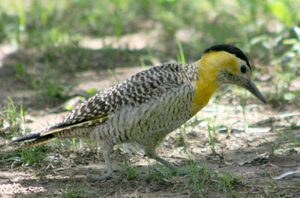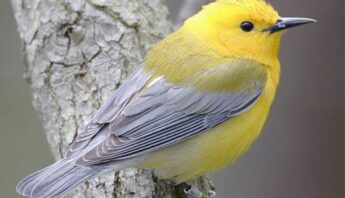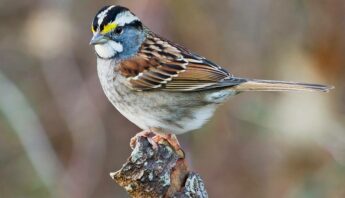Prairie bird populations are falling in many Midwestern states, from ring-necked pheasants to horned larks to sparrows. Scientists now say insecticides are a primary culprit.
Minnesota birds are hardest hit with 12 species in decline, followed by Wisconsin with 11, and Illinois, Michigan, Montana, Nebraska and New York with nine affected species each.
The recent study looked at a range of possible causes of the population declines, including habitat loss which has long been considered a key driver of the problem.
Bird conservationists are "still concerned" about range management, urban development and loss of habitat, but are now focusing additional attention on the harmful impacts of pesticides. According to Cynthia Palmer, Manager of the Pesticides Program at American Bird Conservancy:
[This study] suggests that we also need to rein in the use of lethal pesticides in agriculture, and that we need to be especially careful about any new pesticides we introduce into these ecosystems such as the neonicotinoid insecticides.
Neonicotinoid use has increased dramatically in recent years, and as we've reported here before, many studies link this class of systemic pesticides with dramatic honey bee declines. American Bird Conservancy is expected to release a toxicological assessment of neonicotinoid impacts on birds and other organisms soon.
The current study was conducted by Dr. Pierre Mineau, a scientist recently retired from Environment Canada, along with Mélanie Whiteside of Health Canada. Using pesticide-use data from the 1980s and 1990s, the study focused on organophosphate insecticides such as diazinon and chlorpyrifos, as well as carbamates. According to Dr. Mineau:
What this study suggests is that we need to start paying a lot more attention to the use of pesticides if we want to reverse, halt or simply slow the very significant downward trend in grassland bird populations.







